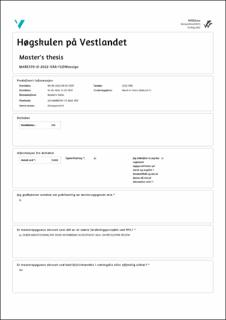| dc.description.abstract | Background: COVID-19 has had direct and indirect negative impact on the elderly population in Southeast Asia. The effects of public health measures such as quarantine, lockdowns and social distancing due to COVID-19 may challenge mental and social well-being, especially among the geriatric population. It has changed the way older people live, receive care and support, as well as cope with everyday challenges.
Objectives: The objective of this integrative review is to identify the challenges faced by older adults, including those living alone, and their coping strategies in the region of Southeast Asia, due to the impact of public health measures during the pandemic.
Methodology: We searched for both qualitative and quantitative studies in MEDLINE Ovid, PubMed, JSTOR, and CINAHL databases. The MeSH terms “COVID-19”, “Older adults”, “living alone”, “Southeast Asia” were used in the searching process. The searches were limited to articles in English language discussing about the subject in Southeast Asian countries. 598 relevant published articles between years 2019 to 2022 were retrieved. Article titles as well as abstracts were screened and duplicates were removed using EndNote® and DistillerSR® software, leaving with 452 articles. After full-text screening for eligibility, a descriptive analysis was used to interpret data and findings from 22 articles.
Results: The common challenges faced by older adults include disrupted healthcare delivery and accessibility, poorer psychological and spiritual wellbeing, social isolation, disconnection and feelings of loneliness, and economic anxiety. Several initiatives and support were introduced at the national and community level to help older adults during the pandemic. Coping mechanisms such as exercise, physical activity, and religious practices were applied by older adults to mitigate negative feelings of social disconnection and loneliness. There is a nuance in older adults living alone and feelings of loneliness especially in a culture where filial piety and family ties are strong.
Conclusion: The challenges and coping mechanisms adopted by the older adults in Southeast Asia differ across countries and contexts, depending on older people socioeconomic status, level of support by the government and community organizations, religious practices, and ability to communicate via technology and social media. However, for a majority of older adults, the family and kins seemingly contributed a lot to alleviate the challenges encountered by older people during the pandemic | en_US |

